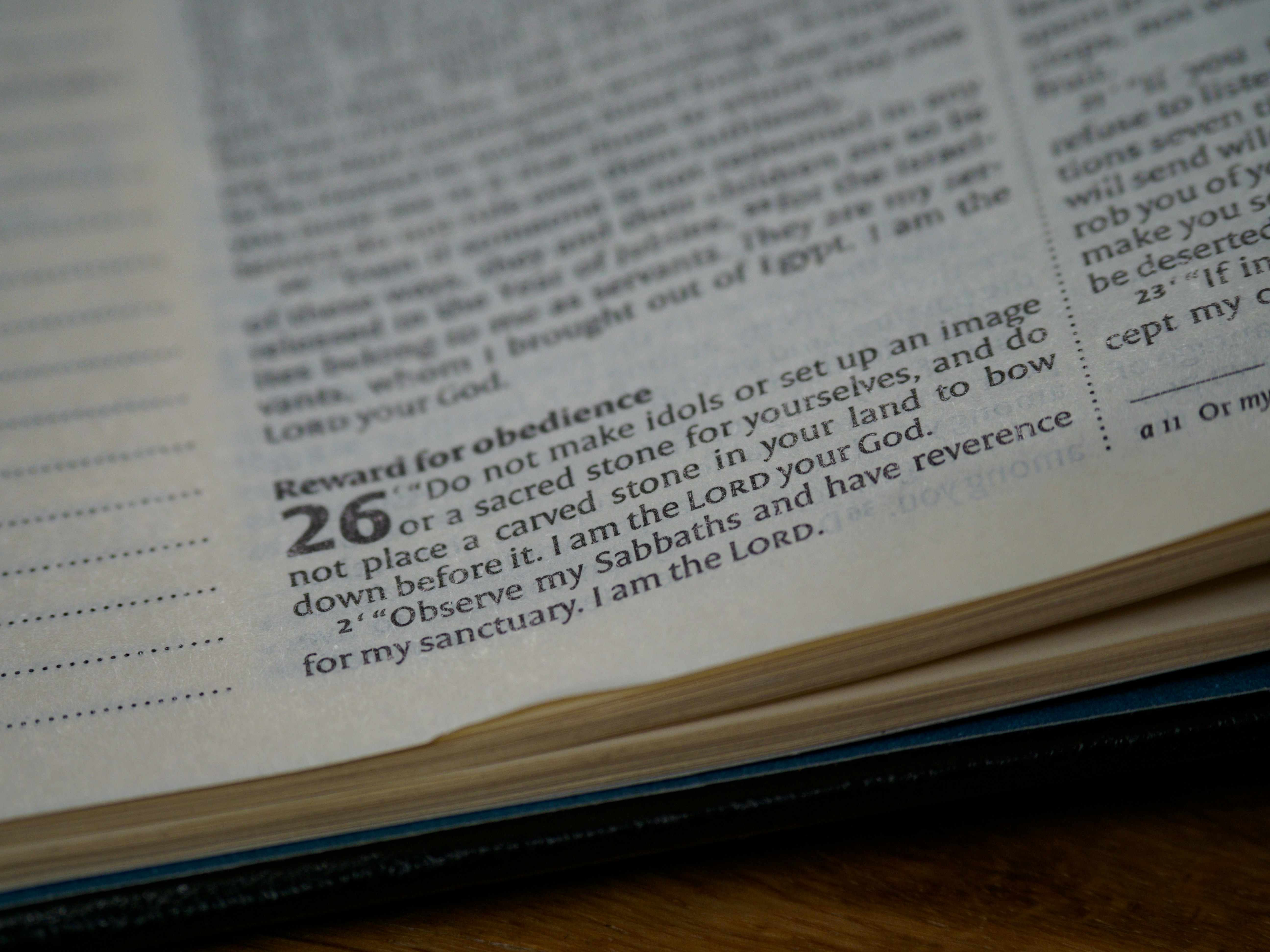Love, Life, and The Sinful Ways of Foolishness

Exploring the Characterization of the Foolish Woman
The characterization of the foolish woman in Proverbs 9:13-18 serves as a significant literary device, emphasizing the contrast between wisdom and folly. This woman is depicted as clamorous, suggesting a loud, attention-seeking nature that demands recognition yet lacks substance. Through the term “clamorous,” we discern her tendency to speak loudly and often, perhaps drowning out the voices of genuine wisdom surrounding her. The portrayal indicates an individual who prioritizes superficiality over depth, unable to appreciate or pursue the virtuous path offered by wisdom.
The foolish woman’s simplicity is another critical attribute highlighted in this passage. This simplicity conveys a sense of naivety and lack of discernment, indicating her inability to grasp the complexities of life that wisdom encompasses. In a broader context, the simplicity of this character illustrates a refusal to engage in critical thinking or to seek insight, rendering her vulnerable to deception and folly. Within the framework of Proverbs, her traits underscore a cautionary tale about the consequences associated with neglecting wisdom.
Additionally, historical interpretations of this narrative shed light on the societal expectations of women within ancient contexts. Throughout various eras, the representation of women has often been shaped by prevailing cultural norms. The foolish woman can be seen as a metaphor for not only individual folly but also a societal warning against the consequences of ignorance. In modern adaptations, this characterization continues to resonate, reflecting ongoing challenges related to wisdom’s pursuit amidst a clamor of distractions. Overall, the traits of the foolish woman serve as a vivid reminder of the importance of seeking wisdom and the perils of embracing ignorance in our lives.
The Setting: The Door of Her House
The depiction of the foolish woman in Proverbs 9:13-18 is pivotal to understanding the nature of folly in the biblical context. Positioned at the door of her house, she symbolizes a gateway to misguided choices and dangerous paths. The door represents not only a physical threshold but also an entrance into a world marked by deception. By situating herself at this entry point, the foolish woman actively engages with those who pass by, inviting them to partake in her enticing but perilous offerings. Her positioning serves as a potent reminder of the omnipresent temptations that beset individuals, particularly the unsuspecting and the vulnerable.
Furthermore, the mention of ‘the highest places of the city’ enhances the setting’s significance. In biblical texts, high places are often associated with elevated status, power, and visibility. Such locations can symbolize the allure of prominence and prestige, inviting individuals to partake in what may seem appealing at first glance. In this context, the setting amplifies the deceptive nature of folly. While wisdom often invites reflection and a journey towards deeper understanding, the foolish woman’s house signifies a superficial attraction that leads to downfall.
The juxtaposition of the door and the high places illustrates the contrasts inherent in the pursuit of wisdom versus folly. The door serves as an entry to transient delights, whereas the high places amplify the allure of choices that may appear beneficial, drawing in those seeking success or acceptance. This duality highlights the significance of discernment in navigating life’s options. Wisdom, rooted in understanding and prudence, is often found away from such enticing yet treacherous settings. Recognizing the implications of the setting can empower individuals to seek true wisdom, avoiding the perils that the foolish woman represents.
The Call to the Simple and the Lack of Understanding
The verses in Proverbs 9:13-18 introduce a striking contrast between wisdom and folly, with a particular focus on the calls made by the foolish woman. She beckons to those who are described as ‘simple’ and ‘lacking understanding.’ These terms are critical in understanding the nature of her audience and highlight the opportunities for discernment faced by individuals in their daily lives. The term ‘simple’ often refers to those who are naive or inexperienced, lacking the knowledge that would enable them to make informed decisions. Similarly, the phrase ‘he who lacks understanding’ points toward individuals who may possess basic awareness but lack the deeper insight that wisdom provides.
This characterization is not merely descriptive; it poses a moral challenge to the reader. Those who fall into the category of the simple or the unwise may find it tempting to heed the foolish woman’s enticing calls. They may be drawn into her deceptive offers without fully grasping their implications. It is essential to recognize that such invitations often come cloaked in persuasive language, appealing to the desires and curiosities that many individuals possess. Whether it is the allure of immediate gratification or the seduction of popular opinion, the lack of discernment can lead one astray. Hence, it is imperative to cultivate the ability to recognize these calls in everyday life.
To avoid the pitfalls referenced in Proverbs, individuals must actively seek wisdom and understanding. This pursuit involves engaging in practices that promote critical thinking, reflection, and dialogue with others who are knowledgeable. By building a strong foundation of wisdom, individuals can better navigate the complexities of life and make choices that align with long-term fulfillment rather than short-term satisfaction. The wise recognize the importance of choosing their paths carefully, ensuring that they do not fall prey to the folly that calls out enticingly to the unprepared.
Consequences of Folly: The Truth Behind the Allure
The allure of folly, as depicted in Proverbs 9:13-18, presents a deceptive façade that entices individuals toward seemingly pleasurable choices while concealing profound consequences. The proverbial “foolish woman” offers enticing invitations that may appear harmless, but beneath lies a stark reality associated with these choices. Proverbs specifically warns that those who yield to the allure of folly confront grave repercussions that extend beyond mere momentary gratification.
In essence, the phrases “stolen water” and “bread eaten in secret” symbolize illicit pleasures that promise satisfaction yet lead to destructive outcomes. Such temptations often lure individuals into a false sense of security, where the immediate pleasures overshadow the looming dangers. The emphasis on “stolen” and “secret” underscores not only the unethical nature of these temptations but also the inherent risks associated with yielding to folly. Those who indulge in these enticing offerings often find themselves on a treacherous path where the immediate benefits are starkly contrasted with long-term consequences.
The implications in Proverbs 9:18 become manifest when examining this juxtaposition; individuals who pursue the allure of folly remain oblivious to the lurking threats within their choices. The verse suggests that the ultimate outcome of succumbing to such temptations is spiritual death and separation from wisdom, a reality that starkly contrasts with the initial allure. Recognizing this, it becomes essential for individuals to cultivate discernment and seek true understanding in their decision-making processes.
In conclusion, the allure of folly may present tempting offers that captivate the senses, but it leads to dire consequences for those who eschew wisdom. Embracing the value of discernment and seeking true wisdom serves as a safeguard against the myriad distractions of life, ensuring that choices made align with a deeper understanding of life’s realities. The path of wisdom promises not only fulfillment but also a safeguard from the destructive outcomes aligned with folly.




Leave a Reply
You must be logged in to post a comment.